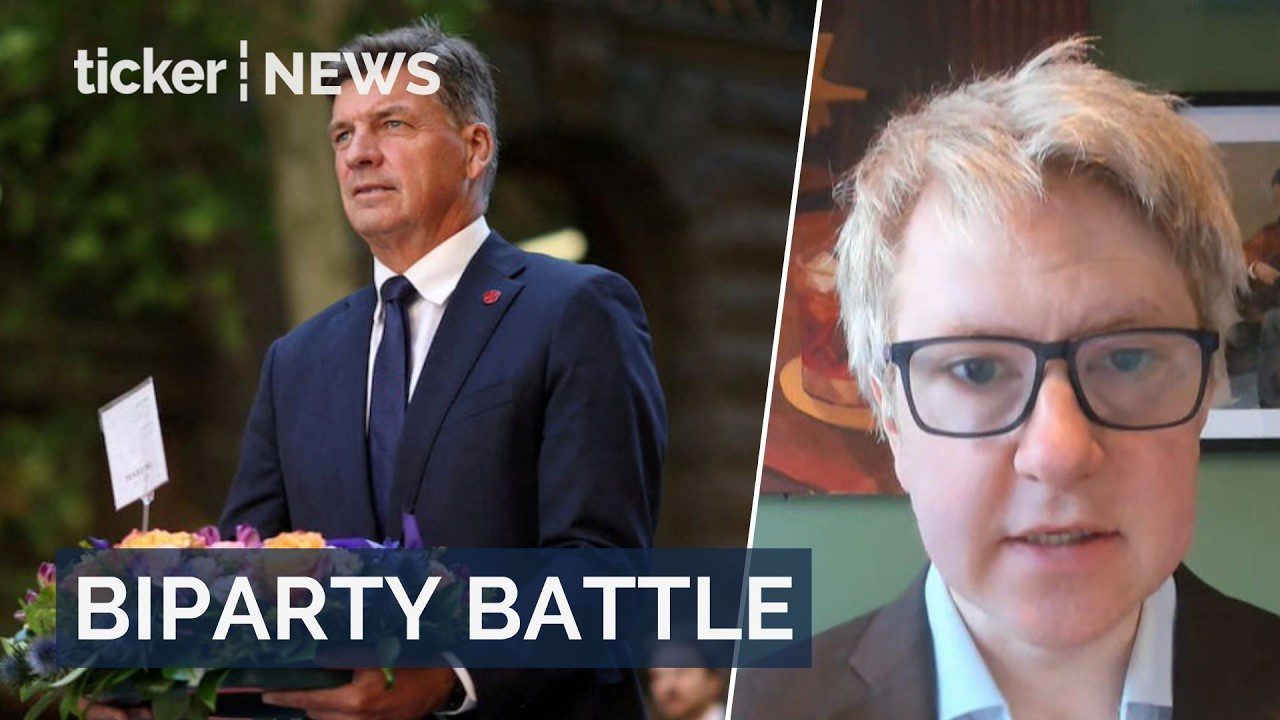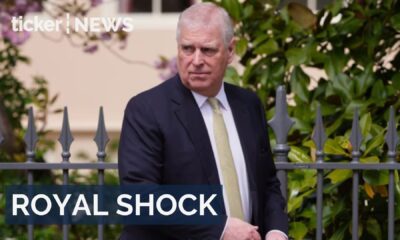Mark Kenny, Australian National University
Three years ago this month, Ley had done something uncannily similar to what Ted O’Brien was doing now. Then, it had been her standing next to Peter Dutton as his dutiful deputy. The freshly installed pair talked a big game about the contest ahead, assured of the urgency of their mission and the potency of their message.
Ley had enthusiastically supported Dutton’s leadership. But now in 2025, it was Ley fronting the press, this time as the new leader following the catastrophic rejection of that Dutton-Ley project, the Liberal Party’s worst ever defeat.
It was the inexperienced O’Brien at her side, newly elected as her bright-eyed second in command.
Policy rethink?
Sharpening the metaphor, it had been O’Brien who had acted as chief design architect and salesperson for one of the Coalition’s most expensive yet unloved policies in the May 2025 election – nuclear power stations, government built and operated.
Back in 2022, Dutton’s task had seemed difficult, but success was far from unimaginable as he faced a new Labor government elected with a record-low primary vote and a tiny two-seat majority.
Ley’s degree of difficulty three years hence is some orders of magnitude greater, not least because of O’Brien’s nuclear energy policy – which will be high on the list of policies to be reviewed, and presumably ditched, if a Liberal recovery is to occur.
Stripping away unhelpful policy that is nonetheless beloved in sections of the party’s conservative and right wing base, is a threshold challenge for Ley – one of a panoply of traps and trying circumstances she confronts.
Ley’s challenges
First, there’s the simple maths given the Coalition now trails the Labor Party by a staggering 50-plus seats.
Few observers think the Coalition can seriously compete for government at the 2028 election. Thus, Ley needs to keep hope alive among Liberal mps and senators, even when the prize of power seems two terms away.
Then there’s her task of leading the Liberal Party back to the political centre-ground or as she puts it, meeting Australian voters “where they are”. This seems like politics 101. Yet she faces many internal sceptics.
Leadership tightrope
At 29 votes to 25, Ley’s victory against a more right-wing candidate, Angus Taylor was narrow and reportedly relied on the votes of senators whose terms end on June 30.
In other words, even her current majority could evaporate.
It is worth remembering that by December 2009, just two years after the Howard government ended, the Liberal Party was already on to its third opposition leader.
Doing it her way
So what effect will she have on the Liberal Party? In her first press conference she gave several clues.
In contradistinction to Dutton, who avoided Parliament House press conferences and searching interviews, Ley gave a crisp three word answer when asked if she would front up to these rituals of public accountability – “yes, I will”.
She promised to make tax reform and economic policy the “core business” of the party she leads.
There was also a marked, if measured, departure from the bombastic declarative culture war politics of Dutton on matters like standing in front of the Aboriginal flag and welcome to country ceremonies at public events. On both, she expressed a more pragmatic acceptance:
If it’s meaningful, if it matters, if it resonates, then it’s in the right place and as environment minister and health minister I listened carefully and participated in Welcome to Country ceremonies. If it’s done in a way that is ticking a box on a Teams meeting then I don’t think it is relevant.
On other matters, she noted pointedly that RG Menzies had founded the party as the “Liberal” party not the conservative party, while acknowledging a breadth of alternative opinions among her parliamentary colleagues:
Our Liberal Party reflects a range of views from all walks of life that are welcome in our party room and that is one of our great strengths.
Ley the history-maker
That Ley is the first ever woman to lead the federal Liberal Party will pose potential challenges.
To pretend that gender stereotyping will play no role in any undermining by internal critics and media would be to ignore history.
Asked about the exodus of female voters from the Coalition at the election, Ley said, “We did let women down, there is no doubt about that,” as she expressed the need for “genuine, serious” engagement:
I want to say right here and now we need more women in our party. We need more women in the organisation, and we need more women in this party room.
However, she pointedly stopped short of backing affirmative action quotas in the Liberal Party even as she called for more women in the parliament.
Gaza about-face
Perhaps the most telling “real-time” demonstration of the uneasy balance she hopes to achieve as leader of a party that has shifted markedly to the right, was when she as was asked about the Israel-Gaza question.
As a former member of a cross party group called Parliamentary Friends of Palestine, Ley had implored parliament in 2008 to “think not of the Palestinian leadership, think of the people”.
She had described Gaza as “besieged, contained, and on the brink of starvation” while warning that a “crushing economic embargo feeds fury and resentment” both in Gaza and the West Bank:
Israel has many friends in this country and in this parliament. The Palestinians, by comparison, have few. Theirs is not a popular cause […] but it is one I support.
Asked about her view now, Ley felt the need to circle back to stress her principle concern over the rising tide of antisemitism in Australia. She now says the “hideous events” of October 7 has changed her thinking on the matter.
Gaza has given Sussan Ley an early lesson on the difficulties leaders face when it comes to straddling highly contentious issues.
Mark Kenny, Professor, Australian Studies Institute, Australian National University
This article is republished from The Conversation under a Creative Commons license. Read the original article.























